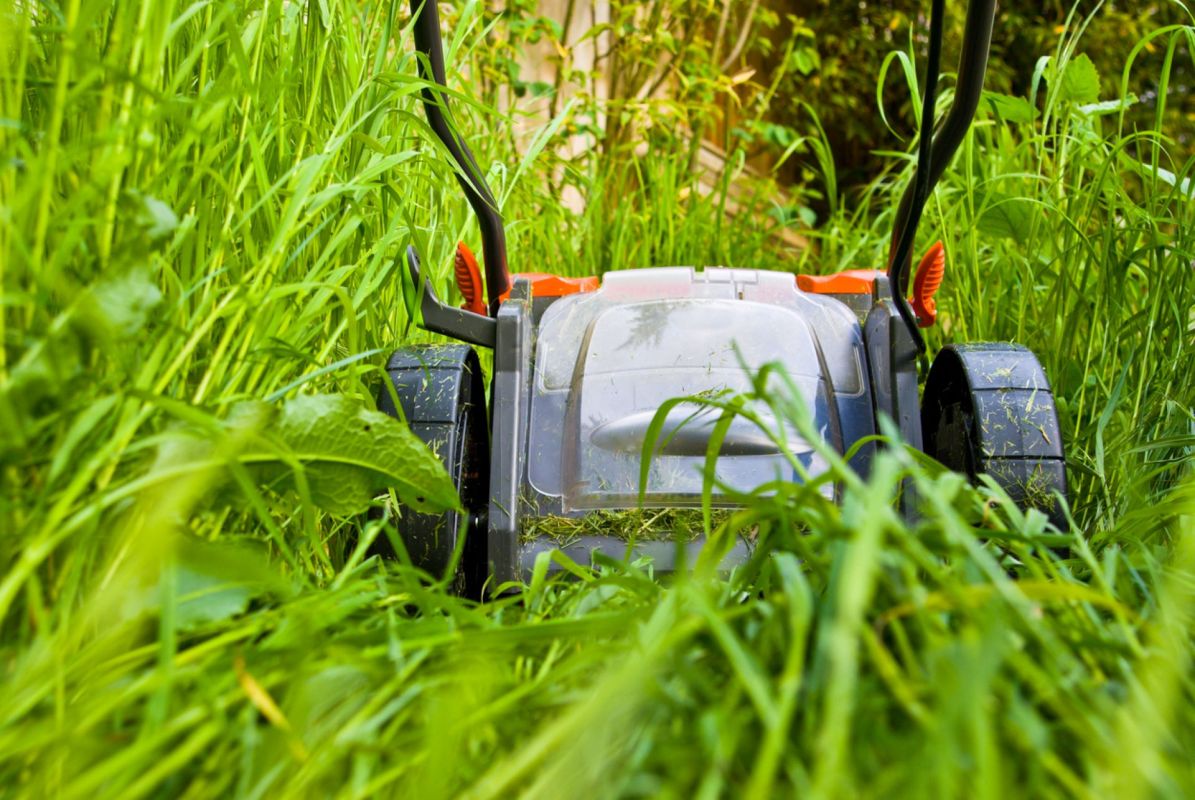Imagine walking out for the day with a garden full of clovers, violets, and grape hyacinths, just to return to a garden with nothing. A homeowner on Reddit recently had that experience when their meticulously nurtured front yard became the subject of an unsolicited landscaping project.
In the r/NoLawns subreddit, the homeowner shared that they returned to find their once vibrant and colorful front yard transformed into a flat, empty expanse. The unwarranted mower is unknown, but they did cut into "lined flower beds."
"I don't know why they did this. But I'm so so sad, my yard was blue and purple and made me happy and now it's awful," the Redditor shared. In their despair, they turned to the community to wonder whether or not their flowers would return.
Beyond the emotional distress caused by the situation, this post also raised broader questions about personal boundaries and environmental impact. While the homeowner speculates that the act may have been rooted in good intentions to help because of their living situation with a person with a disability, the intrusion also damaged a thriving ecosystem.
The original plants in the yard were great for pollinators, and while they could look like weeds, these plants are actually great for wildlife. Clover is a summertime flower enjoyed by honey bees because of its sweet nectar. Wild violets are also a great food source for bees and act as a food source for the larva of butterflies.
It is important to maintain these wild plants to support pollinators. In fact, there are some developers who are building out entire "pollinator districts." Pollinators play a crucial role in helping flowers grow. As they go from flower to flower, they help spread pollen, which is what a plant uses to produce a fruit or seed.
In addition to being good for the environment, native lawns like clover and buffalo grass are also low-maintenance and save homeowners money by decreasing water usage and avoiding the need for pesticides. On average, over a 10-year period, a person could save 1,750,000 gallons of water by switching to native options.
Many commenters suggested ways to inform neighbors who may want to cut your helpful plants.
"I would put up a sign that explains the habitat you are growing and how it's better for the environment," one commenter shared.
Another commenter also provided some sympathy and a silver lining.
"I would feel so awful if that happened to me. It's an invasion of space," they commented. "On the bright side, all the things you mentioned will be back by next week. Clover, violets, grape hyacinths - they can take a mowing and spring right back up."
Join our free newsletter for easy tips to save more, waste less, and help yourself while helping the planet.









